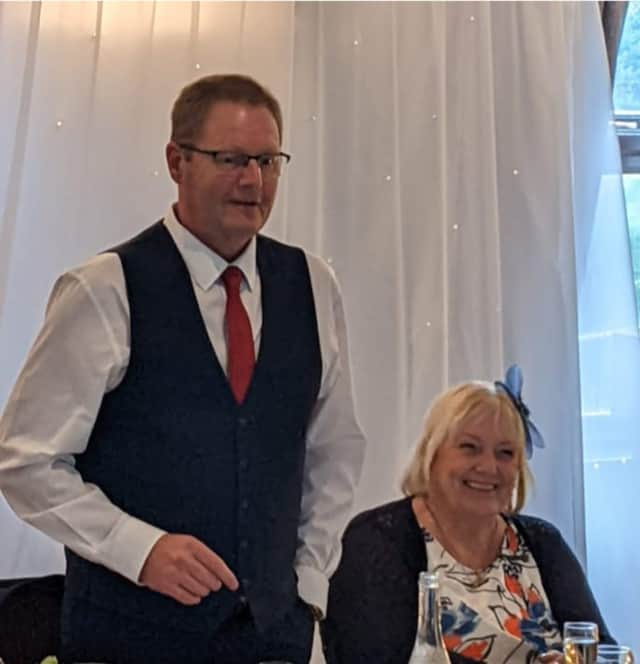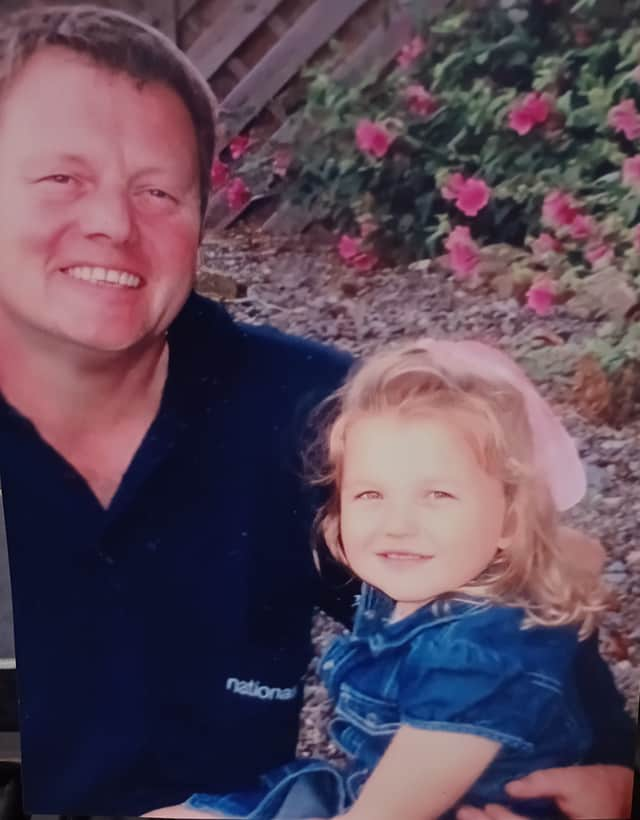Sheffield man's death was contributed to by Yorkshire Ambulance neglect and "could have been prevented"
and live on Freeview channel 276
A Sheffield father and grandfather’s death could have been prevented if the emergency call was correctly handled by Yorkshire Ambulance Service, an inquest has found.
Mark Taylor first reported chest pain to his wife, Carole Taylor, on the afternoon of October 17, 2022. Her 999 call should have been coded as the highest priority with an ambulance arriving in ten minutes, but it was recorded as a category two in an individual error.
Advertisement
Hide AdAdvertisement
Hide AdMark went into cardiac arrest and fell unconscious at around 2pm, 51 minutes after the first call, at his home on Perkyn Road. His family called 999 in distress, and paramedics then arrived promptly, giving the first defibrillator shock by 2:15pm.


At the inquest at Sheffield Medico-Legal Centre today, Coroner Mrs Natalie James said: “Had the call been correctly categorised, the ambulance would have arrived before he went into cardiac arrest. This could have prevented the cardiac arrest, and therefore his death. His death was contributed to by neglect.”
Carole and Mark would have celebrated their 20th wedding anniversary in August this year.
In Carole’s statement to the court, she said: “I decided to call 999 as his pain wasn’t getting better. I was told an ambulance would take 40 minutes. Mark made a comment that a curry would get here quicker.
Advertisement
Hide AdAdvertisement
Hide Ad"At 2pm, I heard a scream that grandad was dead. He was sitting in the chair and all of a sudden his head collapsed back. Tyne rang 999 then threw phone to Georgia. When she finally got through to someone and said her grandad was dead, they said not to speak to her in that way."
He was taken to Northern General Hospital where, during coronary intervention, he suffered six more cardiac arrests. He passed away on October 18, aged 62, due to myocardial infarction.
Mr James Goulding, clinical response and governance manager and registered paramedic at Yorkshire Ambulance Service Trust, said: “The first question [the caller] was asked was ‘is he breathing?’, and they said ‘yes, just’, which should have generated a category one response.
“There would have been someone there capable of defibrillating Mark immediately. They got it wrong, and on behalf of the trust, I am deeply sorry that an error was made.”
Advertisement
Hide AdAdvertisement
Hide AdThe inquest heard that if defibrillation is provided within 3-5 minutes of cardiac arrest, the chance of survival is between 50-70%. This chance drops by 10% with each passing minute.
In a statement after the inquest the family said: “We have heard today that delay in answering emergency calls has been identified as a national issue which suggests that the ambulance service is inadequately resourced.


“The evidence given by the consultant cardiologist made it clear that had an ambulance reached Mark within the expected response time, he would, more likely than not, have survived.
“Mark had the support of his large and loving family throughout his life, and they take comfort from the fact that they were with him when he died.”
Advertisement
Hide AdAdvertisement
Hide AdTyne Burrell, Carole’s daughter, administered CPR to Mark when he went into cardiac arrest.
During the first call, which Carole made at 1:09pm, she waited four minutes and 35 seconds to be connected to a call handler which, the inquest heard, was due to high demand and pressure on ambulance services locally and nationally on that day.
At the inquest, Mr Goulding told Tyne, who sat in the public gallery: “You were the one that gave him the chance. By the time we would have got there eight minutes later, he really would not have had much chance of survival at all. You really did a good job.”
Comment Guidelines
National World encourages reader discussion on our stories. User feedback, insights and back-and-forth exchanges add a rich layer of context to reporting. Please review our Community Guidelines before commenting.